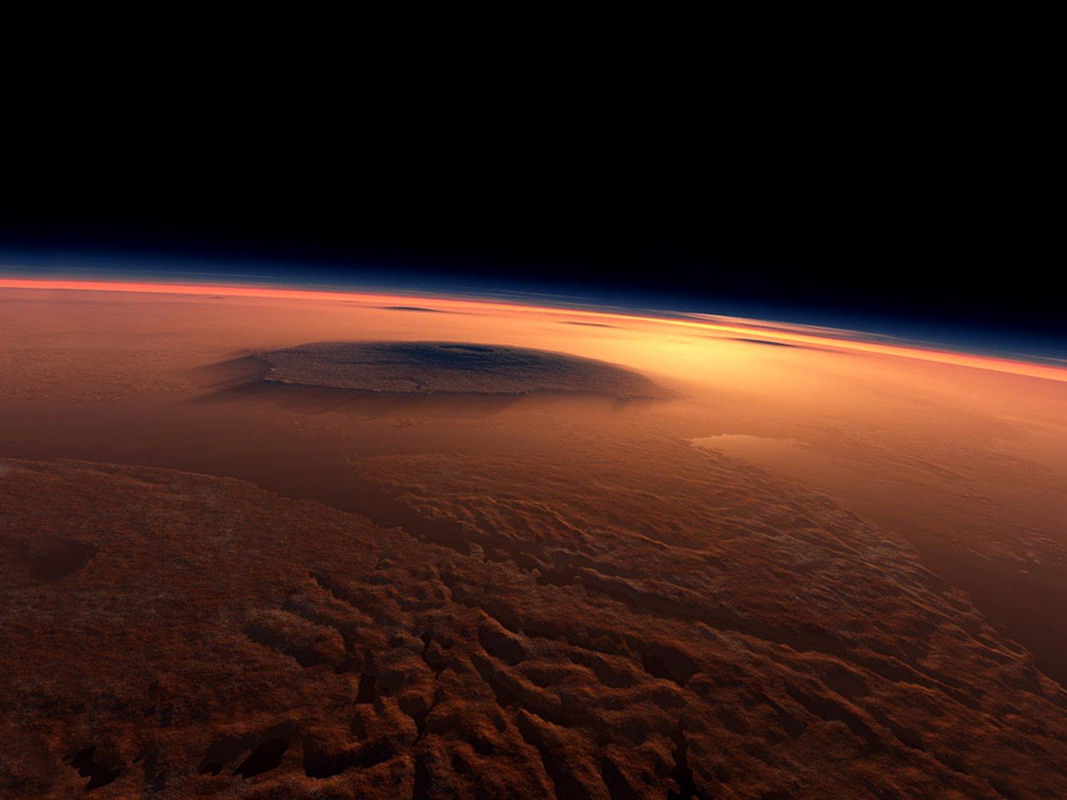
Scientists at NASA and the International Potato Centre (CIP) have conducted a farming experiment to see if potatoes will be able to grow on Mars.
The experiment was conducted in soil in the Atacama Desert in Peru, which is most similar to what is found on Mars.
The team wants to raise awareness of the resilience of potatoes, which will put pressure on authorities to fund further research and farming in devastated areas around the world.
A live stream from the CubeSat, at the International Potato Center in Lima, Peru, shows the potato in bloom, giving hope to both future astronauts and humans at risk of famine.
“We have been looking at the very dry soils found in the southern Peruvian desert. These are the most Mars-like soils found on Earth.” Chris McKay of NASA ARC. “This [research] could have a direct technological benefit on Earth and a direct biological benefit on Earth,” says Chris McKay of NASA ARC.
'Extreme conditions'
Joel Ranck, CIP Head of Communications, said: "How better to learn about climate change than by growing crops on a planet that died two billion years ago? We need people to understand that if we can grow potatoes in extreme conditions like those on Mars, we can save lives on Earth."
Julio Valdivia-Silva, a research associate with the SETI Institute and who works at UTEC in Lima said: “Growing crops under Mars-like conditions is an important phase of this experiment,”
“If the crops can tolerate the extreme conditions that we are exposing them to in our CubeSat, they have a good chance to grow on Mars. We will do several rounds of experiments to find out which potato varieties do best.
“We want to know what the minimum conditions are that a potato needs to survive,” he said.
The CubeSat houses a container holding soil and the tuber. Inside this hermetically sealed environment the CubeSat delivers nutrient rich water, controls the temperature for Mars day and night conditions and mimics Mars air pressure, oxygen and carbon dioxide levels. Sensors constantly monitor these conditions and live streaming cameras record the soil in anticipation of the potato sprouting.
With a potato able to grow in simulated Martian soil, the results of this experiment – and follow-up testing – are also likely to be reaped by low-tech subsistence farmers around the world.
